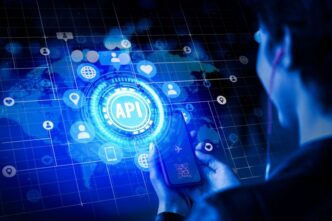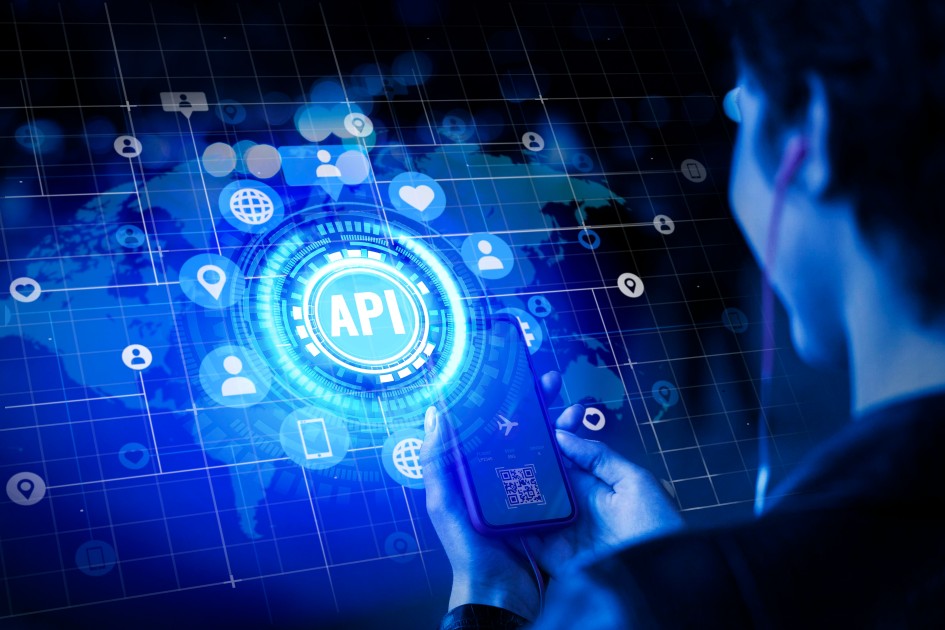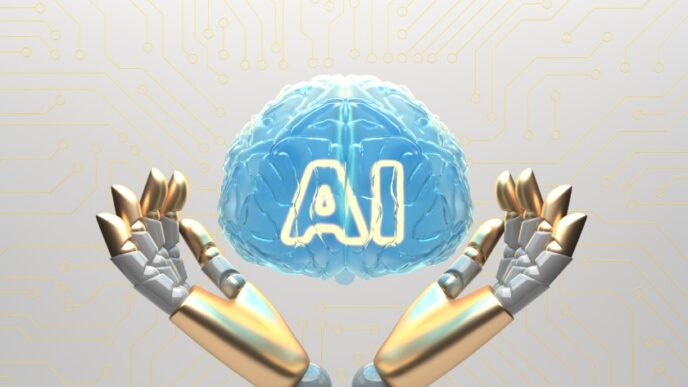Discover the top 10 open-source AI agent frameworks that can help you create intelligent, autonomous systems capable of understanding, reasoning, and acting in complex environments. These open-source options not only provide flexibility but also come with community support and foster rapid innovation. Here’s a rundown of the best frameworks you can explore today:
1. OpenAI Gym
This toolkit is a favorite among developers for creating and testing reinforcement learning algorithms. It offers a diverse range of environments, from gaming to robotics simulations, making it a versatile choice.
Language: Python
Highlights: Standard API, large community, rich environment set
2. RLlib (Ray)
Built on Ray, this scalable library is designed for distributed training of AI agents, making it a powerful tool for those looking to scale their projects.
Language: Python
Highlights: High scalability, supports multi-agent systems, integrates with TensorFlow and PyTorch
3. Microsoft Bonsai
This robust platform is perfect for building intelligent control systems and AI agents, featuring an intuitive interface that simplifies the process.
Language: Various (via tutorials and SDKs)
Highlights: Focus on industrial applications, simulation-driven training
4. AgentPy
Aimed at social science and complex systems simulation, this Python library is great for agent-based modeling, allowing for easy customization of agent behaviors.
Language: Python
Highlights: Easy to use, flexible for building custom agent behaviors
5. Mesa
This modular framework in Python is designed for agent-based modeling, particularly useful for simulating social and biological systems.
Language: Python
Highlights: Interactive visualization support, extensive documentation
6. JASON
This platform is all about programming multi-agent systems using an enhanced version of the AgentSpeak language, which is great for reasoning and communication.
Language: Java
Highlights: Excellent logical reasoning, speech-act communication
7. AI2-THOR
Imagine a visual AI environment where agents learn to interact with everyday household items, blending computer vision with reinforcement learning.
Language: Python / C#
Highlights: Stunning photo-realism, a wealth of interaction possibilities
8. SpaCy-Rasa
While it may not stand alone as a complete agent framework, merging the Rasa open-source conversational AI framework with SpaCy’s NLP capabilities creates a powerful duo for dialogue systems.
Language: Python
Highlights: Tailorable conversations, open-source, robust NLP integration
9. DeepMind Lab
This is a 3D learning environment crafted for training AI agents on complex spatial and reasoning challenges.
Language: C++, Python
Highlights: Engaging, challenging environments with a focus on navigation and cognition
10. MADRL (Multi-Agent Deep Reinforcement Learning) Frameworks
There are several open-source MADRL frameworks, like PettingZoo and PyMARL, that facilitate research into both cooperative and competitive multi-agent systems.
Language: Python
Highlights: Standardized environments and algorithms for multi-agent reinforcement learning
Conclusion
When it comes to picking the right AI agent framework, it really boils down to your specific application, preferred programming language, and how scalable you need it to be. Open-source frameworks provide a solid foundation and community support, helping to speed up AI agent development across various fields like research, gaming, robotics, and industry.












